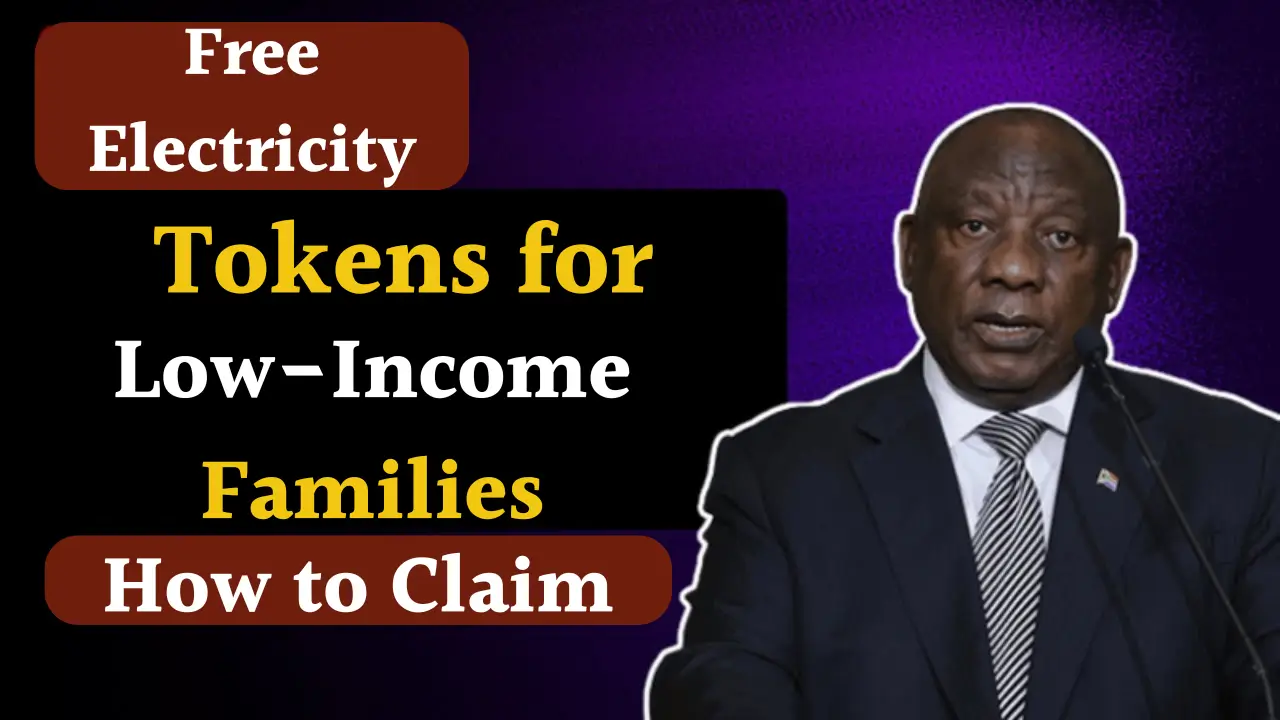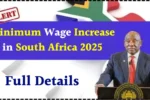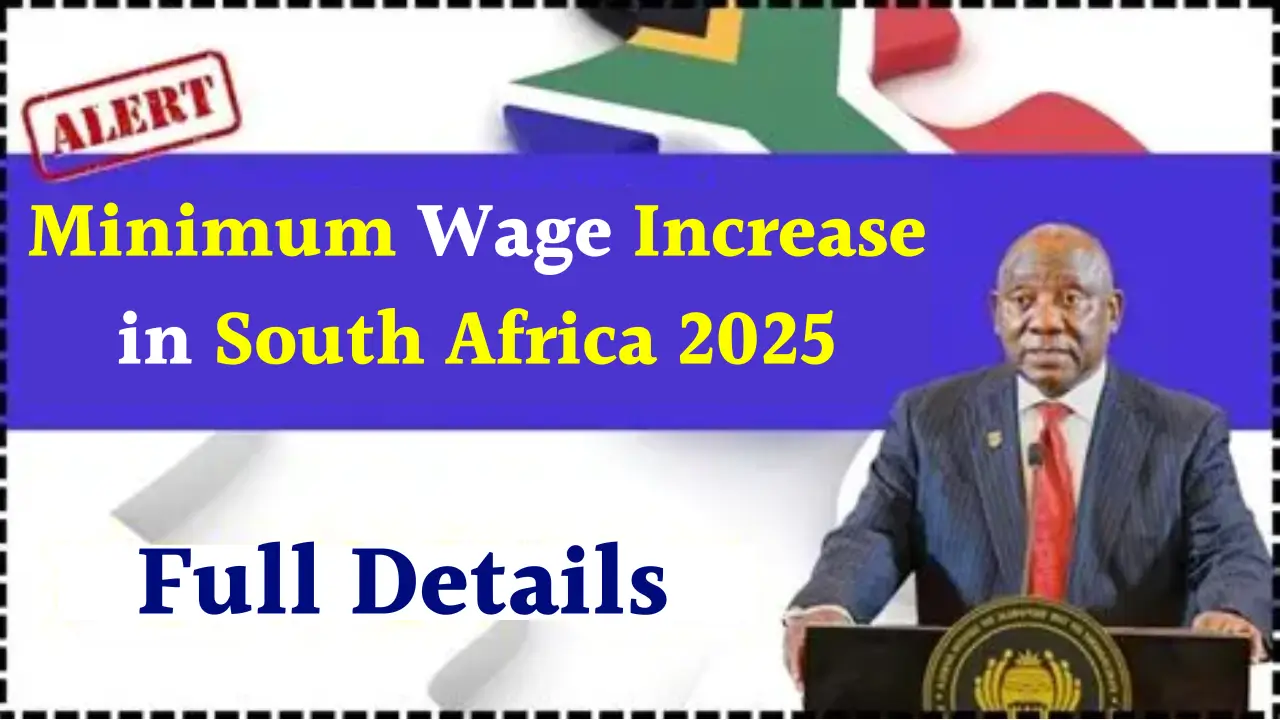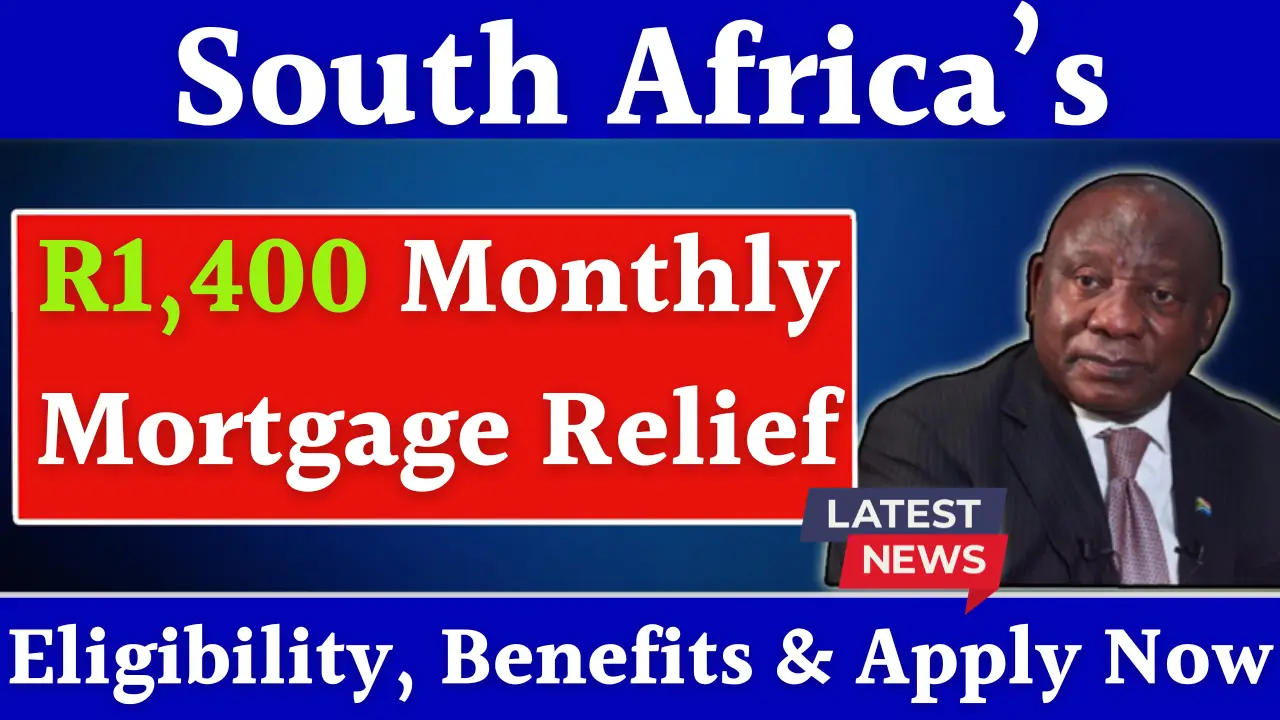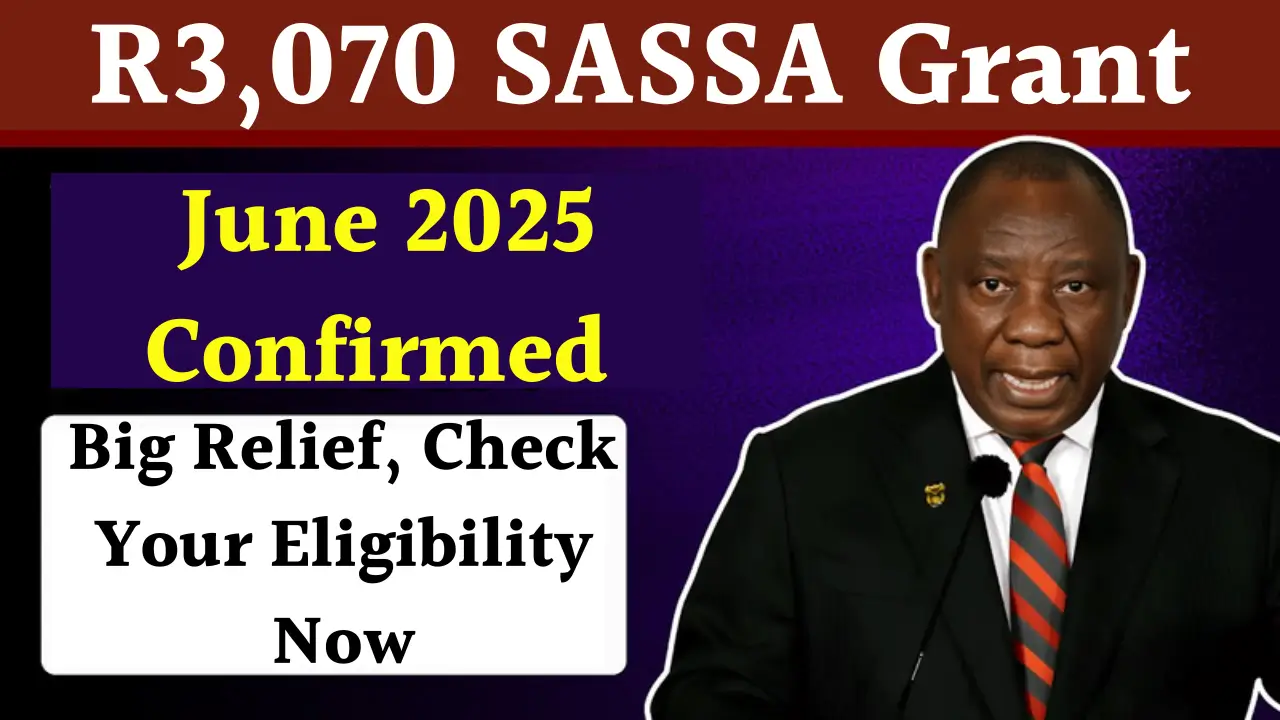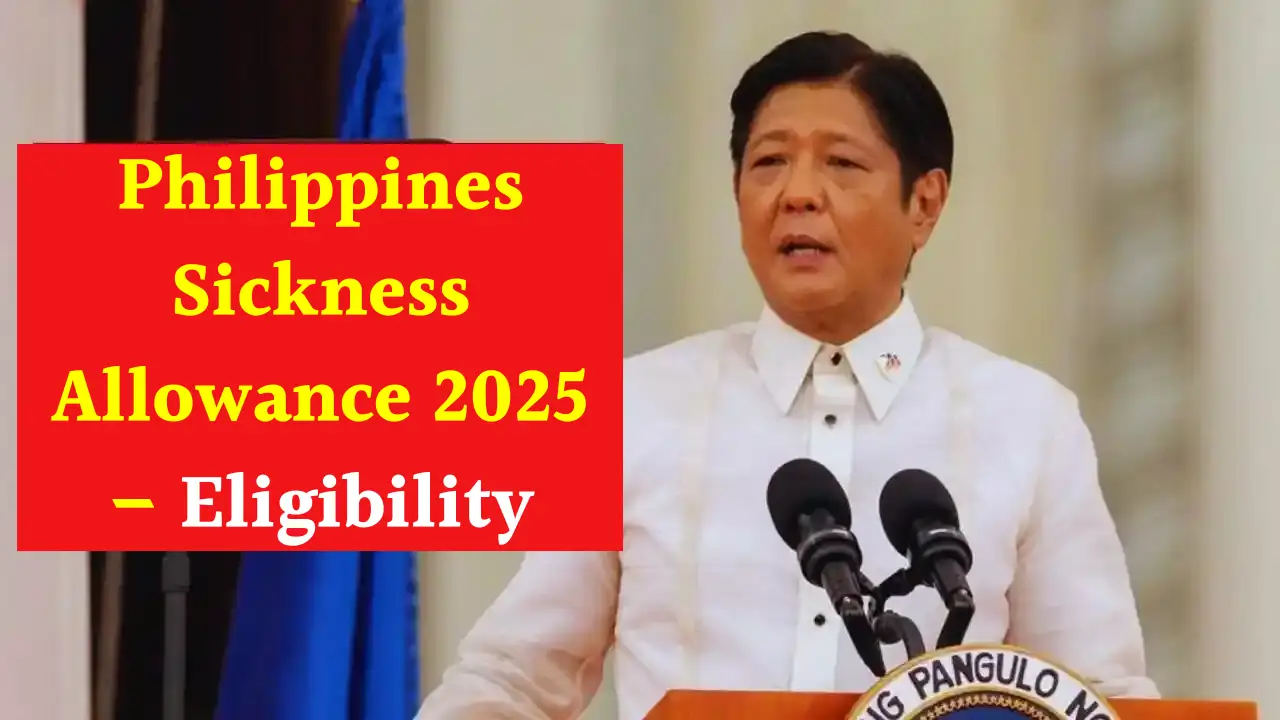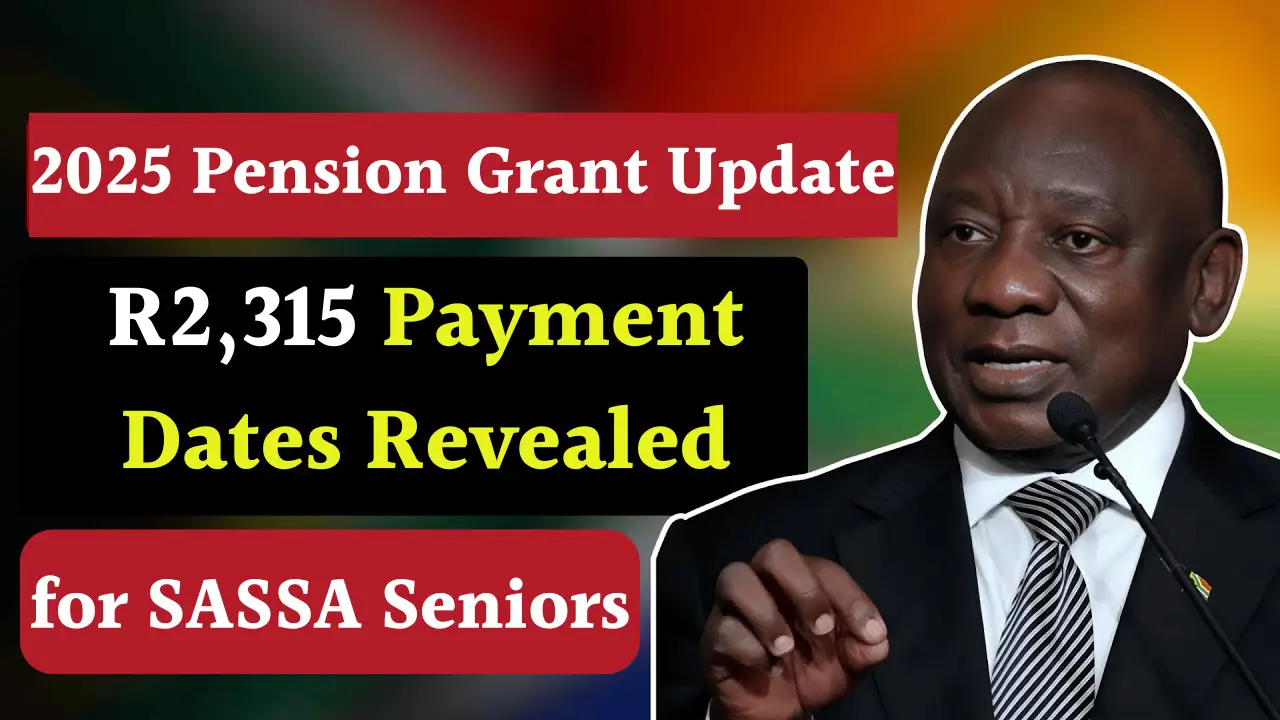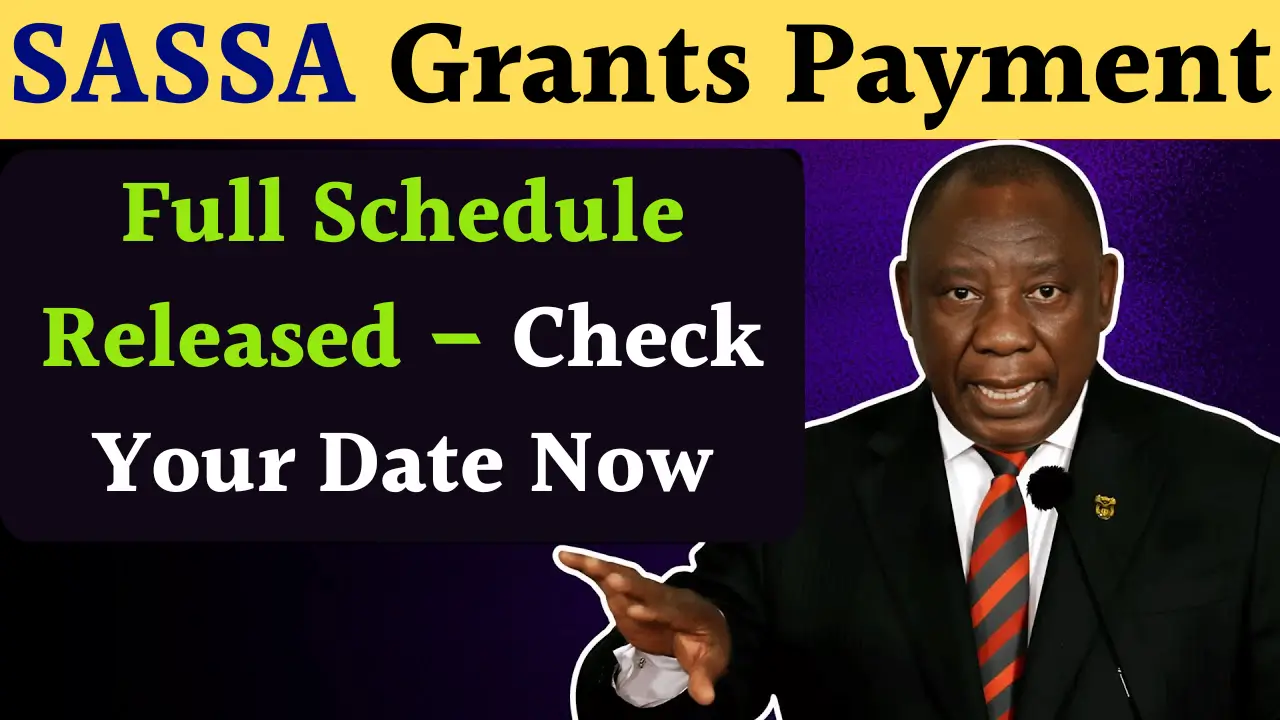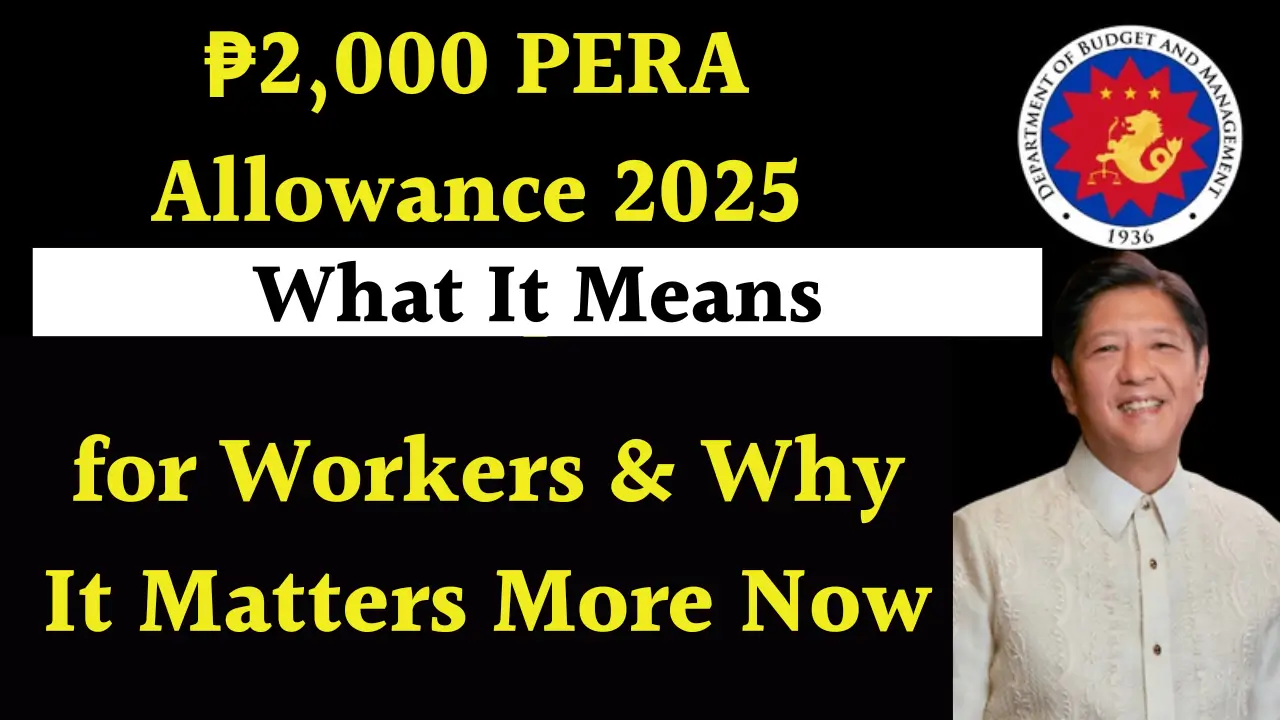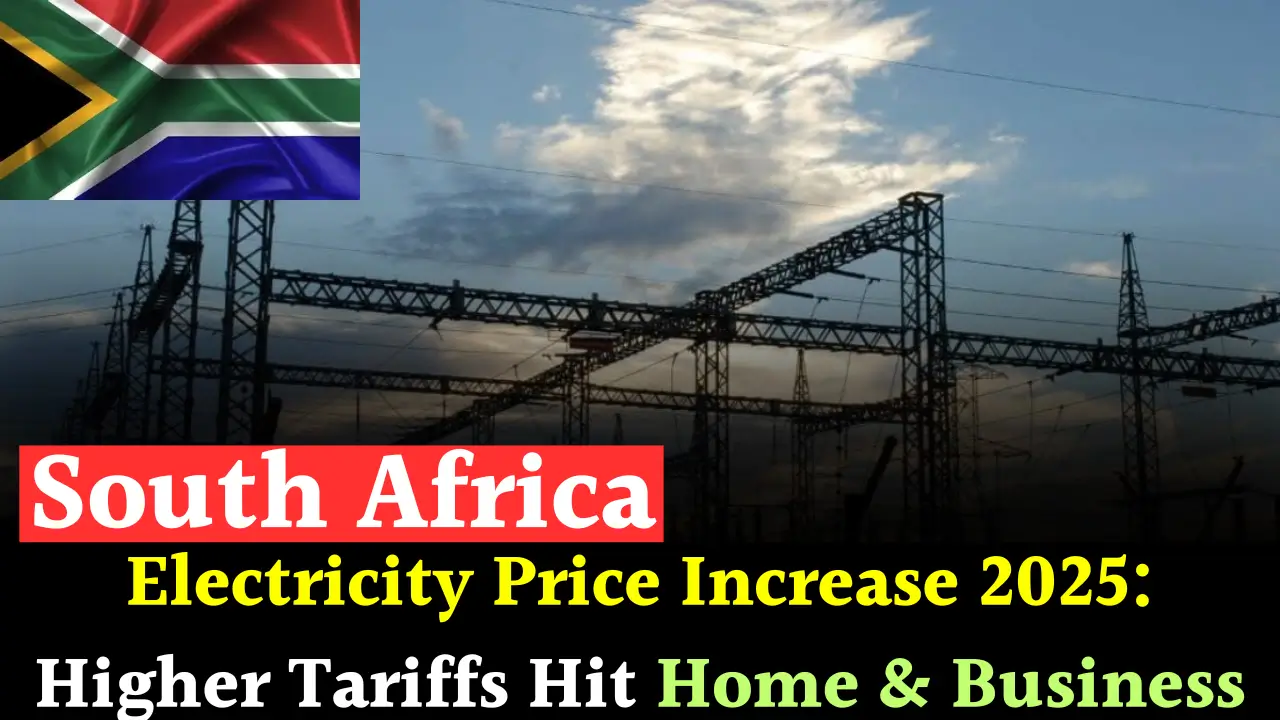Free electricity tokens for low-income families are a government-backed relief program designed to support disadvantaged households who struggle with paying their electricity bills. This initiative aims to reduce the financial burden of rising living costs and ensure that basic energy needs are met for vulnerable residents. In South Africa, electricity tokens are a critical form of lifeline subsidy, as millions of households depend on prepaid meters to access power.
Through this program, qualifying families receive free prepaid tokens on a monthly basis, enabling them to maintain essential access to electricity without falling into debt. This article explains in detail what free electricity tokens are, how South Africa’s indigent households can claim them, qualifying criteria, step-by-step claiming procedures, and other key information you need to know.
What Are Free Electricity Tokens?
Free electricity tokens are government-funded prepaid electricity credits provided to low-income or indigent households every month. Instead of receiving a monetary subsidy, qualifying families get prepaid electricity units in the form of tokens that can be loaded onto their household meter.
These tokens help guarantee that households have access to critical energy use such as lighting, cooking, charging devices, and limited appliance use. The amount of free electricity per month varies across municipalities, but on average, it ranges between 50 kWh and 100 kWh.
Purpose of the Free Electricity Token Program
The program was established to:
- Reduce poverty and help households meet their basic energy needs.
- Prevent vulnerable families from being disconnected due to non-payment.
- Ensure equitable access to electricity, especially for homes without income stability.
- Promote dignity among indigent families by giving them access to safe and modern energy sources instead of unsafe options like paraffin or open fires.
Who Qualifies for Free Electricity Tokens?
Qualification is not universal and depends on the official indigent household criteria set by each municipality. Generally, a family must meet the following requirements:
- Must be permanent residents of South Africa.
- Must live in a household classified as indigent or earning below a specific income threshold.
- The household should be connected to the municipal electricity grid with a prepaid meter system.
- The property must not exceed a certain municipal valuation limit (some municipalities cap it around R350,000 or less).
- The family should not exceed a certain amount of electricity usage monthly. If a household consumes more units than the set limit, they may not qualify.
Claiming Process for Free Electricity Tokens
The process of claiming free electricity tokens varies slightly depending on the municipality. Below is a step-by-step general outline:
- Register as an Indigent Household
Households must apply through their local municipal office to be recorded on the indigent register. Proof of income, ID documents, and municipal account details are usually required. - Approval and Verification
The municipality reviews applications, verifies income levels, and confirms electricity meter information. Once approved, the household is added to the indigent beneficiary list. - Issuance of Free Tokens
Every month, qualifying families receive their free units automatically. These units come in the form of a generated token number, which can be collected at participating vendors, supermarkets, municipal offices, or through an SMS notification system. - Loading the Token
The token is entered into the household prepaid electricity meter, and the allocated units are credited immediately to their balance.
Monthly Allocation of Units
The free basic electricity (FBE) allocation depends on the municipal policy. Average benefits are outlined in the table below:
| Household Classification | Monthly Free Allocation | Typical Usage Coverage |
|---|---|---|
| Indigent/Low-Income Households | 50 kWh – 60 kWh | Covers lighting, phone charging, and limited appliance use |
| Deeply Disadvantaged Households | 100 kWh (special cases) | Covers slightly higher household needs for cooking and heating |
How Much Electricity Does 50 kWh Provide?
Many families are unsure of how much 50 kWh can support in daily use. Below is a typical breakdown:
| Appliance/Use | Approximate Power | Daily Usage Hours | Monthly Consumption (kWh) |
|---|---|---|---|
| 5 CFL Bulbs | 60W combined | 5 hours | 9 kWh |
| Small Phone Charging | 5W | 3 hours | 0.45 kWh |
| Two-plate Stove (used sparingly) | 2 kW | 1 hour daily | 60 kWh (not fully covered) |
| TV & Decoder (LED TV) | 120W | 4 hours daily | 14.4 kWh |
| Small Fridge | 100W | 24 hours daily | 72 kWh |
This shows that 50 kWh is adequate for basic energy needs such as lighting and small electronics, but insufficient for heavy appliances like stoves or geysers. Hence, families often need to purchase extra tokens to supplement their free allocation.
How to Check If You Are Receiving Free Tokens
Households can check their free electricity tokens in the following ways:
- By entering balance check codes directly on the prepaid meter device.
- Through SMS notifications from the municipality or electricity provider.
- By asking participating vendors when collecting additional prepaid tokens.
- At the municipal office or customer care centres.
Common Challenges in Claiming Free Tokens
While the program is beneficial, many households encounter challenges such as:
- Not being registered under the indigent program because of lack of awareness.
- Municipal verification delays leading to late receipt of tokens.
- Incorrect or broken prepaid meters, preventing households from loading tokens.
- Exceeding the household usage limit, which disqualifies them from the free allocation.
Addressing these issues requires households to follow up regularly with municipal offices and ensure that all their account and meter details are up to date.
Benefits of Free Electricity Tokens
- Provides financial relief for families struggling with household budgets.
- Ensures uninterrupted energy access, especially for critical needs.
- Reduces dependency on unsafe and polluting fuels such as candles or kerosene.
- Promotes social equality by ensuring that low-income families also benefit from modern energy access.
Future Plans and Expansion
The South African government has expressed interest in expanding energy subsidies due to economic challenges. Efforts are being made to digitise the indigent application process, improve communication with beneficiaries, and potentially revise the minimum free allocation to reflect inflation and rising electricity costs. The future may also bring integration with renewable energy sources such as solar to supplement the free basic electricity program.
FAQs
1. How many free electricity units do indigent households get each month?
Most households receive between 50 kWh and 60 kWh per month, depending on local municipal policies.
2. Can I still claim free tokens if I use a post-paid electricity system?
No, this program is only designed for prepayment electricity meter systems.
3. What do I do if my free tokens are not loaded?
You should visit your municipal office or electricity vendor and provide your prepaid meter number for investigation.
4. Do all municipalities in South Africa offer free electricity tokens?
Yes, but the amount and rules may vary according to municipal indigent policies.
5. Is the program permanent or temporary?
The Free Basic Electricity program is a permanent poverty-relief measure but is subject to periodic review and funding availability.
Conclusion
Free electricity tokens for low-income families in South Africa provide vital support to vulnerable households, ensuring they can keep lights on and maintain basic energy use. While the allowance is limited, it plays a critical role in reducing poverty, promoting safety, and improving living standards. By registering as an indigent household and following municipal procedures, families can access this important government benefit and avoid the devastating impact of energy poverty.

